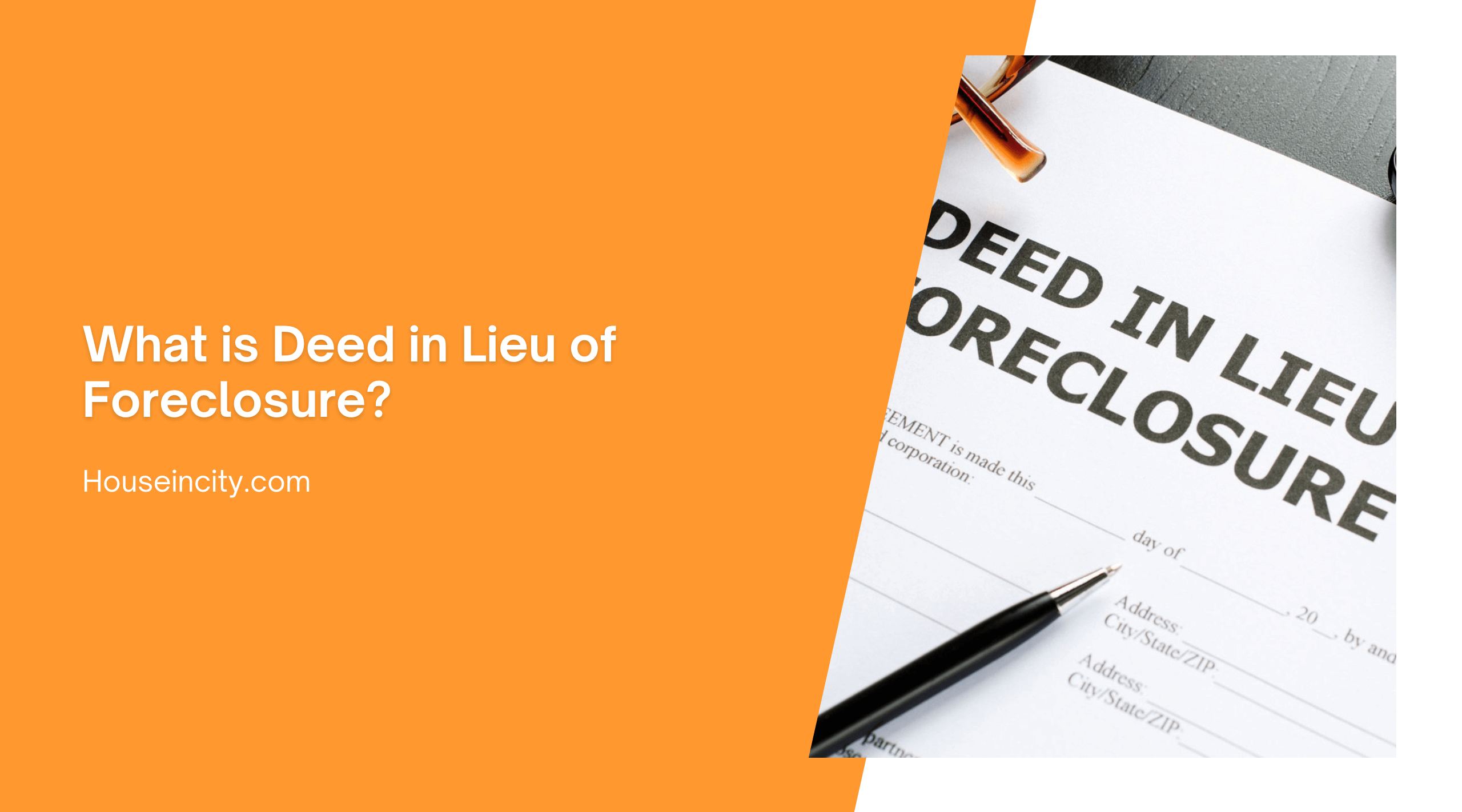Deed in lieu of foreclosure is an option available to borrowers who can no longer afford their mortgage payments and do not qualify for real estate short sales. With deed in lieu, borrowers can return their property to the lender and be released from their mortgage note.
Deed in lieu of foreclosure is generally used as a last resort after all other home savings options have been exhausted. Most lenders will first attempt to help borrowers cure mortgage arrears by offering a mortgage forbearance agreement, loan modification, mortgage refinance or short sale.
Mortgage forbearance agreements can temporarily suspend payments for a few months to allow borrowers time to cure mortgage arrears. Some lenders will roll past due amounts to the end of the note and extend payment terms. Others will allow borrowers to make partial payments for two or three months.
Although mortgage forbearance can help borrowers facing temporary financial problems, it is not the best option for those who are more than 60 days delinquent and for borrowers who have lost their primary source of income.
Loan modifications and mortgage refinance are offered to borrowers financially capable of remaining current with future mortgage payments and possess adequate credit scores to qualify for refinancing. Mortgage refinance requires borrowers to take out a new loan and pay off outstanding home loans.
Real estate short sale involves selling the property for less than is owed on the mortgage note. At present, less than 20-percent of short sale applications are approved. The short sale process is complicated and time-consuming and generally requires assistance from a real estate lawyer or short sale specialist.
The primary advantage of deed in lieu is it is a legally binding contract that releases borrowers from mortgage debt. Homeowners return the keys to their property; vacate the premises; and walk away from their home. However, borrowers must work with their lender throughout the process and adhere to stringent protocol.
In order to qualify for deed in lieu of foreclosure, homeowners must utilize the home as their primary residence and are prohibited from vacating the premises or abandoning the home during the negotiation phase. Investment properties used as residential or commercial rentals are exempt from deed in lieu contracts.
Mortgage payments must be delinquent by at least 31 days. Borrowers must provide documentation proving they are financially insolvent and incapable of paying future home loan payments.
Once the deed in lieu contract is executed and signed by both parties, it is presented to the court for approval. This is referred to as the Parole Evidence Rule and protects mortgage lenders against claims by borrowers stating they were under influence of the bank to enter into the deed in lieu agreement. Once the deed in lieu is approved through the court, lenders take immediate possession of the property.
While deed in lieu of foreclosure offers financial relief, it can cause severe and long-term damage to credit. All foreclosure options should be considered before making a final decision.
